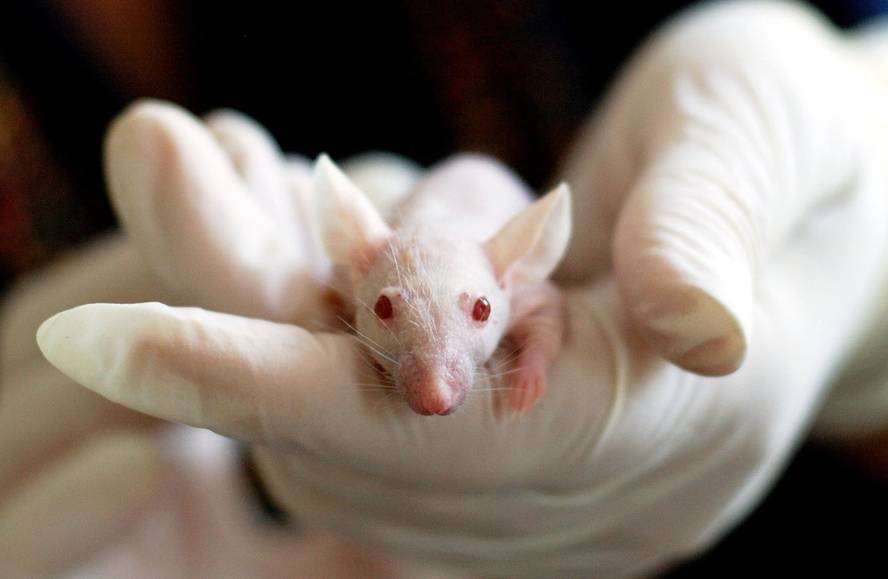Clarify how newborn stress increases the risk of depression in adulthood
According to a paper published by the journal Science, the fact that a few days after its birth young mice suffer stress affects the long term. In fact, they have seen that mice that have suffered premature stress in adulthood are more sensitive to stressful situations and at higher risk of depression.The research has served to clarify the underlying molecular mechanism.
To cause premature stress, newborn mice have been separated from their mother for 2-4 hours and received disorderly attention from their mother. When in their maturity they face stressful situations, they discover that those who suffered the stress at first have avoided social relations and have remained immobile in difficult situations. For example, when they face a situation that forces them to swim, they become impossible to move forward.
Previous research showed that early stress increases the long-term risk of depression, both with people and other animals, but it was unclear what was going on in their brain. This study has shown that this stress alters the regulation of genes in the ventral tegmental zone of the brain, which is involved in mood and depression. In fact, the concentration of the Otx2 transcription factor decreases, which influences the expression of 6 genes.
When stress-free mice have been intentionally transformed into the concentration of the Otx2 transcription factor, it has been observed that decreased Otx2 concentration has made them more sensitive to biological stress, as if they had suffered early stress, while increasing concentration reduces the consequences of this initial life stress. Therefore, the authors of the paper have pointed out that understanding the regulatory mechanism of Otx2 could help devise ways to reduce the impact of claims that may occur at the beginning of life.






